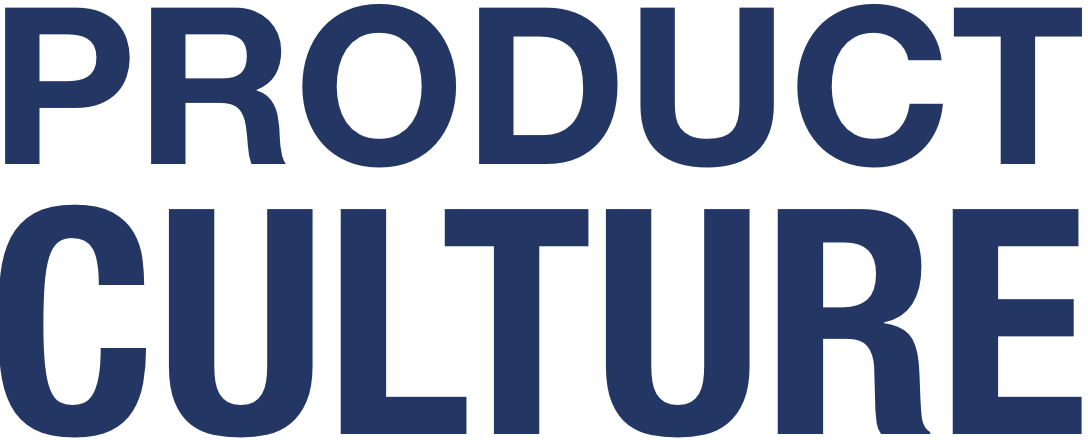In a startup, the founder is often the driver of product/marketing/sales/vision/kitchen sink. As they scale, they may hire a product person. Being the first product hire in an organization is tough, because of all the context locked the founder's head.
Read moreONE THING on Market Fit and Roadmaps
Successful product people work hard on market fit. Some roadmaps focus on filling the perceived gaps in fit, but of course you can’t know filling those gaps will get you to that goal. It’s all hypothesis until fit happens.
Read moreONE THING on Fake Agile
Lots of firms say they are Agile to sound like Amazon or Google, but don’t have the mindset. They still do a lot of planning up front and release once or twice a year. In contrast, some teams are nimble, with small, frequent releases.
Read moreONE THING on Reporting Profit
Some Product people must report profit and loss in their roadmaps. Is that you?
Read moreONE THING on a Value Proposition
There are lots of ways to hone in on a product vision. One way is a Value Proposition: how a product creates differentiated value for a specific customer segment by addressing their needs, desires, or problems.
Read moreONE THING on Getting Customers to Talk
As savvy Product people, we are eager to talk to customers, but it’s hard. Working with Sales or Support to identify good candidates, sending emails, following up to schedule time, writing a script, collecting and analyzing the data. It’s a lot of work. How can you fit all of that into your week? A few suggestions from teams that are making it happen:
ONE THING on Taught and Learned
“Leadership cannot really be taught. It can only be learned.” In other words, it requires practice. The quote is from Harold Geneen, president of ITT Corp. I definitely support that view in product.
Read moreONE THING on Ego Roadmaps
The egos of stakeholders are a lot of fun, especially when they meet in one messy room. When you are trying to get buy-in for the next phase of a roadmap, tread lightly.
Read moreONE THING on Outcomes over Outputs
It’s easy to lose sight of your big picture vision, getting bogged down by minutiae. Yet prioritizing your day-to-day outputs in lieu of that big picture vision will make things more difficult in the long run – and eventually, for your customers.
Read moreONE THING on Leadership and Product
I believe leadership is the most indispensable part of product management because, by nature, that’s what a product manager does: they lead.
Read moreONE THING on Jack of all Trades but Master of None
Ever heard someone say, “I’m a jack of all trades but master of none?” Usually, it’s not a compliment. But the full saying actually goes: “A jack of all trades is a master of none but oftentimes better than a master of one.”
Read moreONE THING on Not Always Quality 1st
“Startups that succeed are those that manage to iterate enough times before running out of resources,” says Eric Ries, author of The Lean Startup. Working hard to make that first version of your product the best, most scalable, most reusable, most elegantly built thing is likely wasted effort. Worse, it actually slows your progress toward putting something in front of customers that you can learn from and then change based on their feedback.
Read moreONE THING on The Complaint Department
The Customer Support team is a terrific source of insight for product people. Many can provide you with a list of common complaints or trouble spots in your product, ranked by frequency or rep time spent. Talk to the team frequently.
Usability is important in your prioritization, but it may not be #1 priority….
ONE THING on Contest: I'm Outta Here!
A few weeks ago, we asked "What is the strangest route into the product world that you know of?" Now the flip side: So you liked your career as a product person, but you want something new. You are outta here!
Read moreONE THING on Better than Consensus
Alignment is better than consensus. Consensus is when everyone just agrees (and we all know how rare that is).
Read moreONE THING on Contest: You came from What?
People come to the product profession from a huge variety of paths. Sure, lots come from engineering, but I know former marketers, UX people, account execs, customer service people, and sales engineers. I find varied backgrounds can make product people particularly good at empathizing with stakeholders because they’ve done some of these other jobs themselves.
ONE THING on Prioritization Magic
Prioritization is one of the most important jobs of a product leader. It is also one of the hardest: you have to say no to good ideas.
Read moreONE THING on Real Org Chart
In general, the real org chart has nothing to do with the official hierarchy. The real org chart is the people you care about, who can influence your product.
Read moreONE THING on Writing an Awesome Company Mission Statement
Your mission statement is one of the most important tools to help your team, investors, stakeholders, and customers know who you are and what you’re all about. This one statement serves as an essential way to ensure the customer remains front and center.
ONE THING on DRIs
At your organization, who is the ultimate owner of a project? It can be a product manager, or someone else. At companies like Apple, that person is called the "directly responsible individual," or DRI (Orwellian?). Every project is assigned to a DRI who’s ultimately held accountable for the success or failure of the project.
Read more